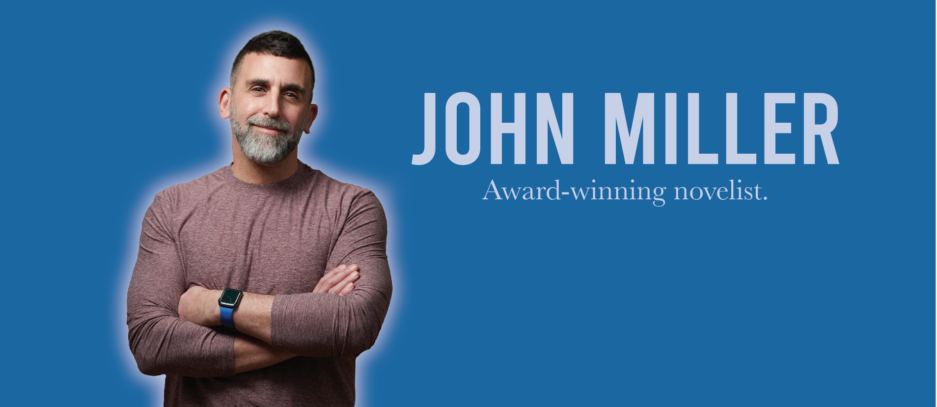 My brother Tony challenged me to name 10 books that have stayed with me over time. I am in a longstanding writing group, Big Canvas, with Elizabeth Ruth and Sally Cooper and that I shamelessly promote their writing because they are outstanding novelists.
My brother Tony challenged me to name 10 books that have stayed with me over time. I am in a longstanding writing group, Big Canvas, with Elizabeth Ruth and Sally Cooper and that I shamelessly promote their writing because they are outstanding novelists.
I will therefore declare my bias now, cheat, and while I will name books other than theirs on my 10, I will also urge all of you to read their novels: Love Object & Tell Everything, by Sally, and Ten Good Seconds of Silence, Smoke and Matadora, by Elizabeth!
Okay, not necessarily in order:
1. Cloud Atlas, by David Mitchell. A tour de force. Though I loved the movie, it had no way to capture this writer’s mastery of different styles, voices and genres. Possibly the most extraordinary novel I’ve ever read.
2. Dinner at the Homesick Restaurant, by Ann Tyler. This 1982 novel was on our high school English curriculum and I was utterly taken by the novelty (then, and at least for me) of telling the same story from the point of view of different narrators. Tyler deftly reveals new ideas and perspectives with each retelling.
3. The Poisonwood Bible, by Barbara Kingsolver. Everything by Kingsolver is magnificent; it’s difficult choosing just one of her novels, but this one touched me because of its setting in the Congo, where I had travelled and volunteered on Canada World Youth. She, too, makes wonderful use of multiple narrators.
4. The Book of Negroes, by Lawrence Hill. Captivating story and lead character, Aminata Diallo. A page turner. A brilliant window into the history of African-North American people who were enslaved.
5. Natural Order, by Brian Francis. This book made me laugh out loud and then weep silently… while sitting next to strangers on an airplane. How awkward. How brilliant. Francis has made sympathetic, even likeable, a mother who has rejected her gay son.
6. Americanah, by Chimamanda Ngozi Adichie. This novel is written from the perspective of a Nigerian woman raised with no sense of racial identity who discovers race in the U.S., with its multiple layers and perspectives. Adichie does the seemingly impossible: skewers and sympathizes with all groups she explores–American whites, African-Americans, “Non-American Blacks”, Nigerians who emigrate to the US and England, and Nigerians who stayed at home.
7. Brokeback Mountain, by Annie Proulx. I read the novella before the movie. My friend Bryan leant it to me when I visited him in Tucson years ago. Its spare, precise, unsentimental writing drew me in, and then the tragic story gutted me. That a female novelist wrote so authentically about gay men demonstrates that the “write what you know” adage is really about emotional experience, not about plot, point of view, sex, sexual orientation, or setting.
8. The Orenda, by Joseph Boyden. Although I only read this recently, I know it will stay with me. A compelling story that opens a window to a little known period in Canada’s history. It rejects simple narratives about our Aboriginal people and conveys the complex and incremental way in which European contact slowly transformed and devastated old ways of life.
9. Tales of the City, by Armistead Maupin. While not considered literary fiction, this novel was sheer joy. It utterly captures the essence of a particular time and place. I read the first two while at graduate school in the Netherlands, and then couldn’t find the next four in the series in the English bookstore in The Hague. A good thing, since I might have failed my semester.
10. Debout en clair-obscur, by Laurette Lévy. I wish this had an English translation and had received more attention even in French Canada. It’s by a French transplant to Quebec. Vaguely autobiographical, it is a novella in vignettes about an HIV-positive, straight, single woman trying to make her way in the world of romance. I don’t know if I’ve ever read anything so brave and honest and painful.
